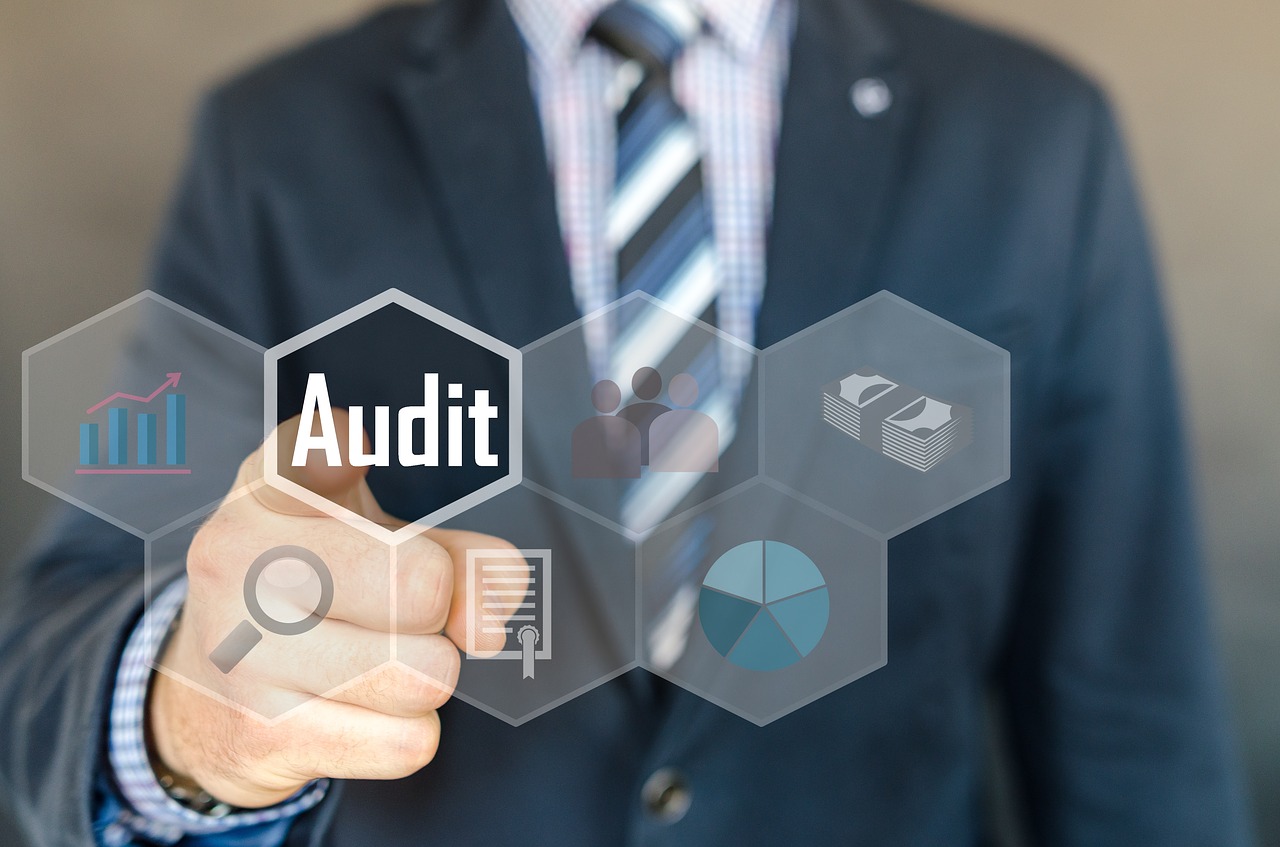How To Repair Your Credit With Credit Cards
Very few people live their entire lives without inflicting any damage upon their credit scores. Whether it be high balances on credit cards, bankruptcy, collections issues, or financing troubles, credit problems affect the best of us and are difficult to repair.
Fortunately, there are solutions to repairing bad credit and restoring faith with credit agencies and bureaus. All it takes is a little time and the right strategy, and before you know it, you’ll be receiving “Pre-Approved” credit offers in the mail again. One of the most effective ways to repair your credit is with credit cards, and I’m going to show you how.
“Bad Credit” Credit Cards
Believe it or not, there are actually credit cards out there designed just for people who need to get back on their feet. Most of these cards have middle-of-the-road APRs with annual fees ranging from $40 – $100. Some also require an account set-up fee and other charges, which are expected with customers whose credit reports have black marks.
Credit Reporting
The most important thing to remember when repairing bad credit is that your card will not help unless the financial institution reports it. There are three major credit bureaus: Experian (1-888-397-3742), TransUnion (1-800-888-4213), and Equifax (1-800-685-1111). When you fall into collections or fall short of a loan, the financial center reports the debt to one or more of these credit bureaus, and that is how your credit is damaged. In order to repair that damage, financial institutions must also report accounts in good standing.
The best way to ensure that this happens is to find a credit card that reports monthly (or at least quarterly) to all three major credit bureaus. This way, your credit continues to improve exponentially as you continue to pay off all of your balances.
Balances
Most people believe that to maintain a good credit score, you must always pay off your credit card balance each month. This isn’t true. When you are attempting to repair damaged credit, it is much better to keep a small balance on each card and pay it off gradually over a period of three-to-four months. When you apply for a loan, mortgage, or line of credit, financial institutions want to see that you are able to effectively manage your finances. Keeping a balance and paying it off shows that you are able to manage your debt in an efficient and systematic manner.
Secure Credit Cards
If your credit rating is too low, then you won’t be able to obtain a Visa or MasterCard. Instead, apply for a secure credit card. This works similarly to a debit card; you deposit money each month, and that amount determines your credit limit. If you choose a secure card that reports monthly to the credit bureaus, then you will be eligible for an unsecured card in a matter of months.
With Secured credit cards, you deposit money into a savings account, and the amount you deposit acts as your credit limit. The amount can be anywhere from $200.00 to $10,000, and it acts as a type of security deposit. It is never removed from your savings account unless you become delinquent on payments, and it accrues interest the same way a normal savings account would.
Repairing your credit with credit cards can dramatically increase your chances of achieving an “A” credit rating, and you’ll be able to effectively manage your finances. Take the time now to research credit cards – both secure and unsecured – and make today the first step toward a better credit score.




